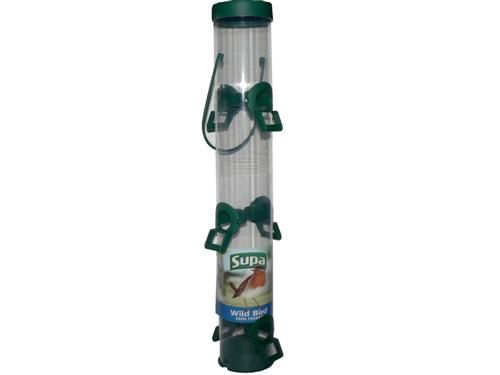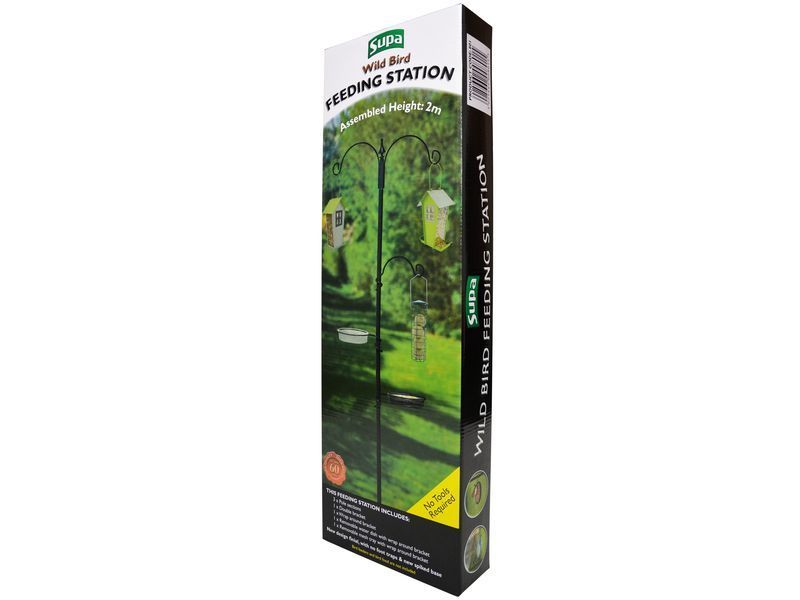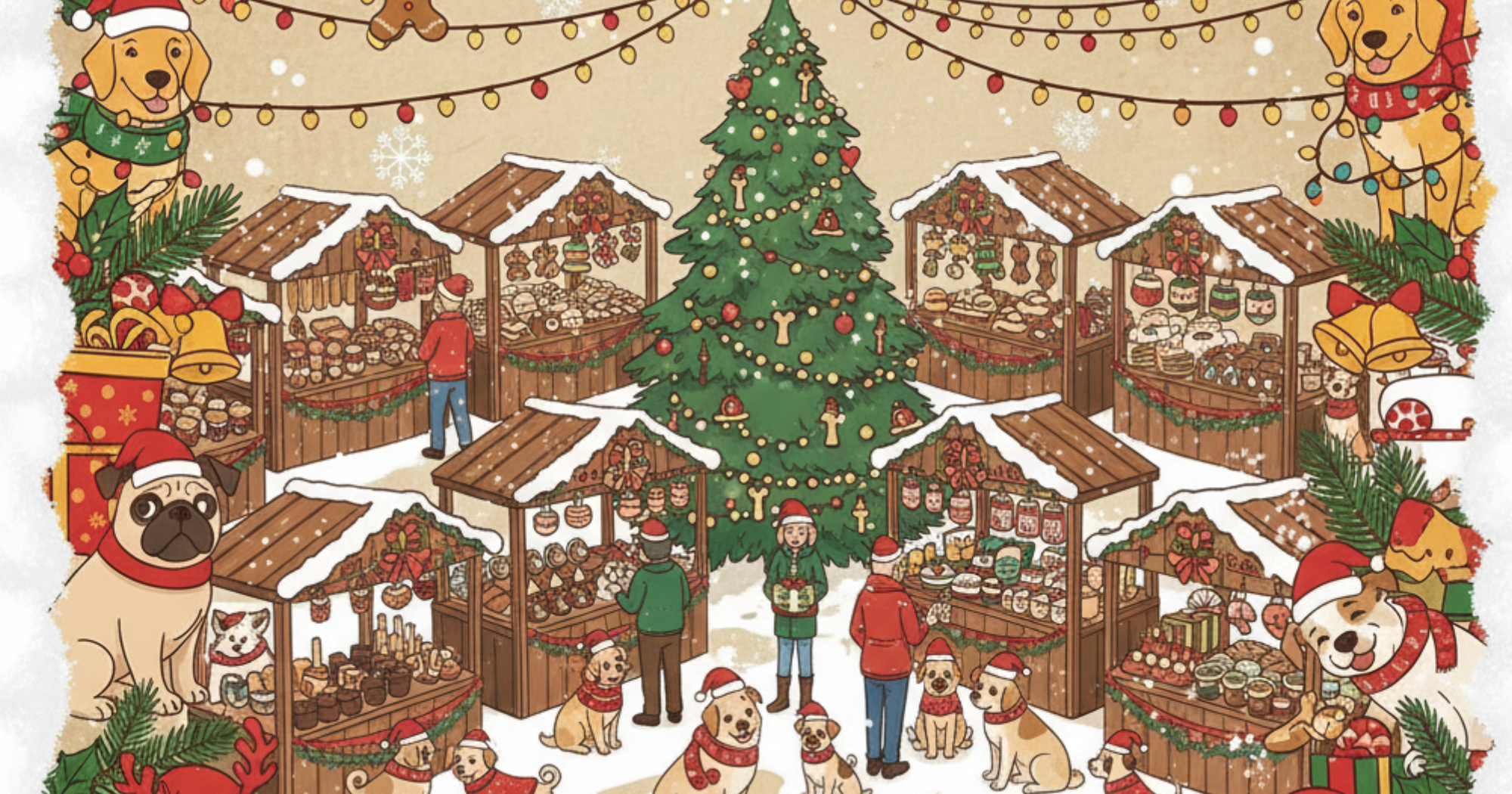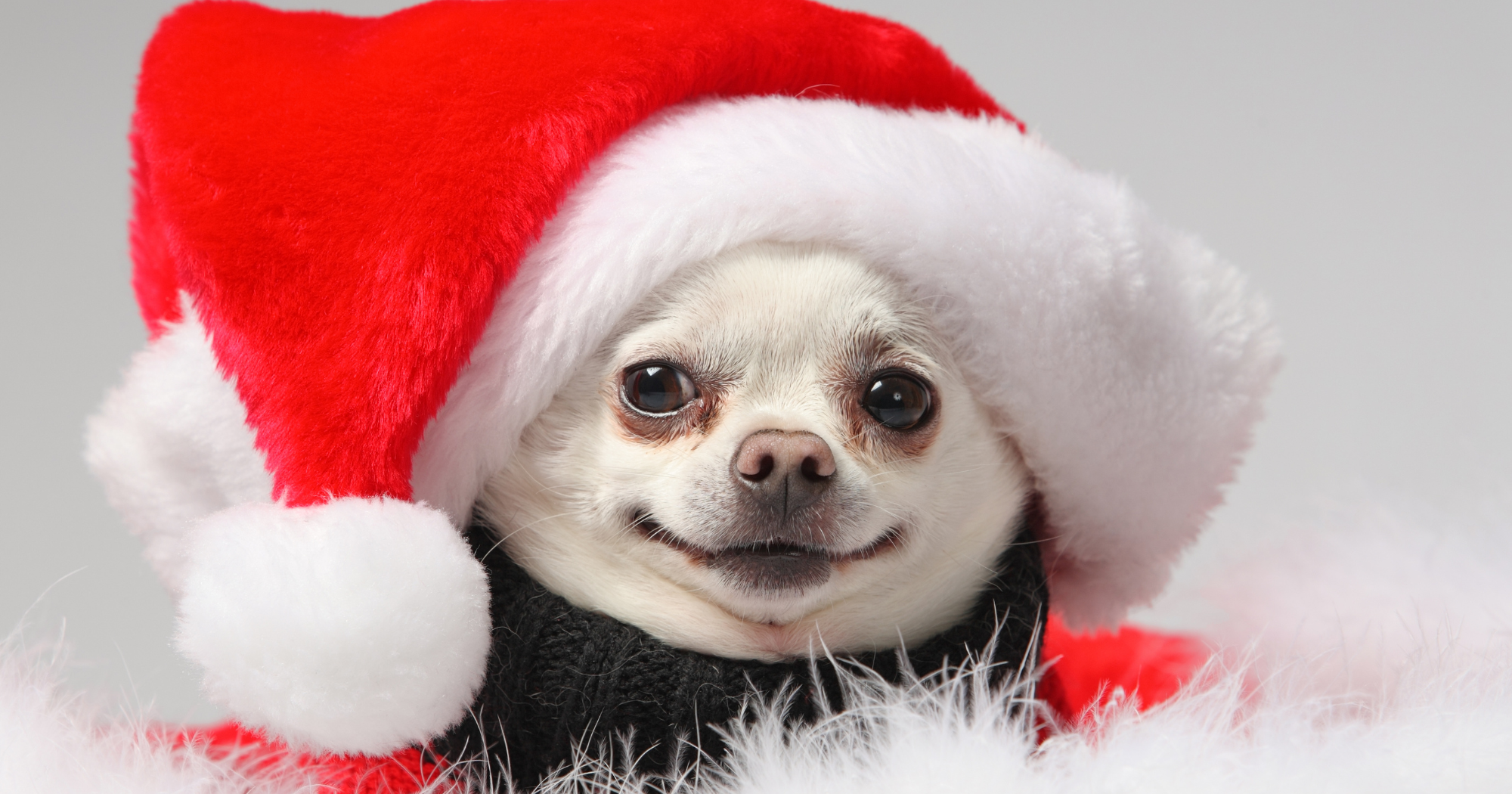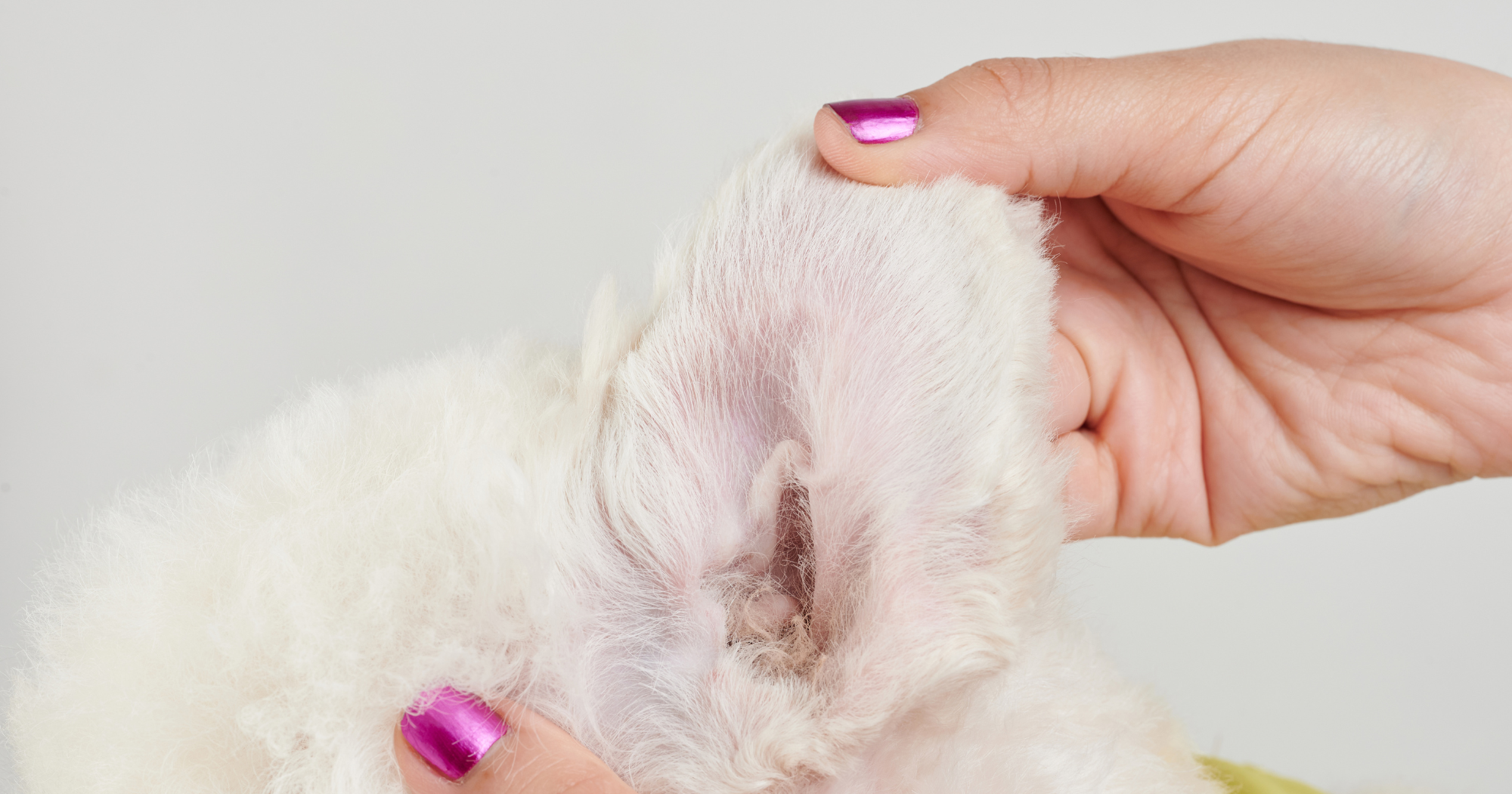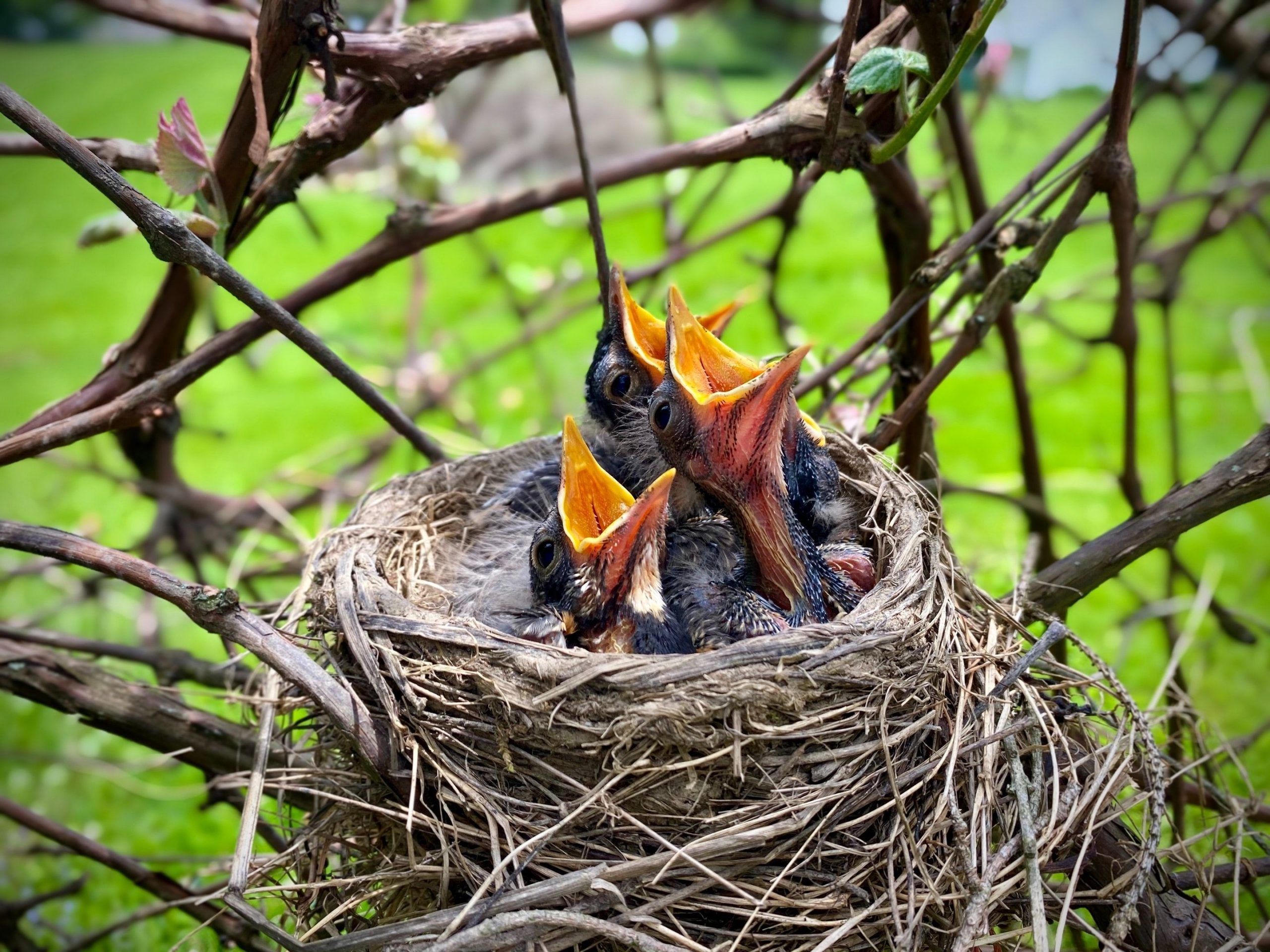
Many of our customers often ask; What do wild birds eat? Which foods are staple items? Are there certain foods to avoid? So we want to share our thoughts on the subject.
Which wild bird seeds are best?
There are lots of different mixtures of bird seeds on the market, so it can be slightly overwhelming at first. Typically the premium wild bird mixes will contain flaked maize, sunflower seeds and peanut granules.
Each ingredient is specifically chosen to attract different species of bird, whilst providing them with the essential nutrients needed to remain healthy and thrive in the wild.
- Millet, mostly attract house Sparrows, Dunnocks, Finches, Reed Buntings and Collared Doves.
- Flaked Maize, loved by Backbirds.
- Peanuts and Sunflower Seeds, Tits and Greenfinches favour these .
- Pinhead Oatmeal is a favoured by most garden birds.
- Wheat and Barley are often included within seed mixes, but they only really suit Pigeons, Doves and Pheasants.
When selecting your feed, it is important to be mindful of the season. Mixes with whole nuts and chunks are only suitable for winter feeding.
What to avoid with seed mixtures!
It is important to avoid mixes with split peas, beans, dried rice and lentils as only large birds can eat these dry. You will typically find these ingredients in some of the cheaper seed mixes, there purpose is as a cheap bulking agent, but can be dangerous to smaller species of wild birds.
Other seeds & foods to consider
Black Sunflower Seeds
These are an excellent year-round source of food for wild birds. The nutrients with Black Sunflower Seeds help birds thrive. The high oil content is much higher in the Black Sunflower Seeds than it is in the Striped.
Sunflower Hearts (husked kernels) are a popular no-mess high energy food too.
Nyjer Seeds
These are a superb high energy seed, rich in fat because of it’s high oil content. Nyjer seeds need to be contained in a specialized Nyjer Seed Feeder. Goldfinches, Siskins, Tits, Greenfinches and House Sparrows absolutely love this seed.
Peanuts
Peanuts will attract Robins, Dunnocks and Wrens. Nuthatches and Coal Tits may hoard peanuts. Peanuts provide a great source of energy and essential oils. Despite the many benefits of peanuts, never put out loose Peanuts in spring or summer as they do pose a choking hazard if fed to young chicks. Always place them in a suitable Peanut Mesh Feeder!
Suet Blocks and Fat Balls
These are excellent winter foods and most wild birds absolutely love them. With a mixture of melted fat, seeds, nuts, dried fruits, oatmeal and insects, your garden birds will devour them! Make sure to place Suet Blocks into a Suet Block Feeder, likewise, place Fat Balls in a Fat Ball Feeder or a Caged Fat Ball Feeder to help smaller birds feed.
Live Foods and Insect Foods
Robins, Blue Tits, Sparrows, Wrens, Thrushes, Starlings and Blackbirds love Mealworms and waxworms. Not only are they an excellent source of protein for your garden birds, but they are easily digestible with high moisture content – essential for fledglings that cannot leave the nest to drink. Spring is a great time to start feeding live Mealworms and live Waxworms to birds. Feeding wild birds live foods has a significant positive effect on the number of chicks reared by their parents.
As more and more people are now at home, due to the pandemic, we have noticed the increase of people buying foods and feeders. Watching the birds in your garden is a great hobby and pastime, so get the kids involved and let us all keep the nature around us thriving!

